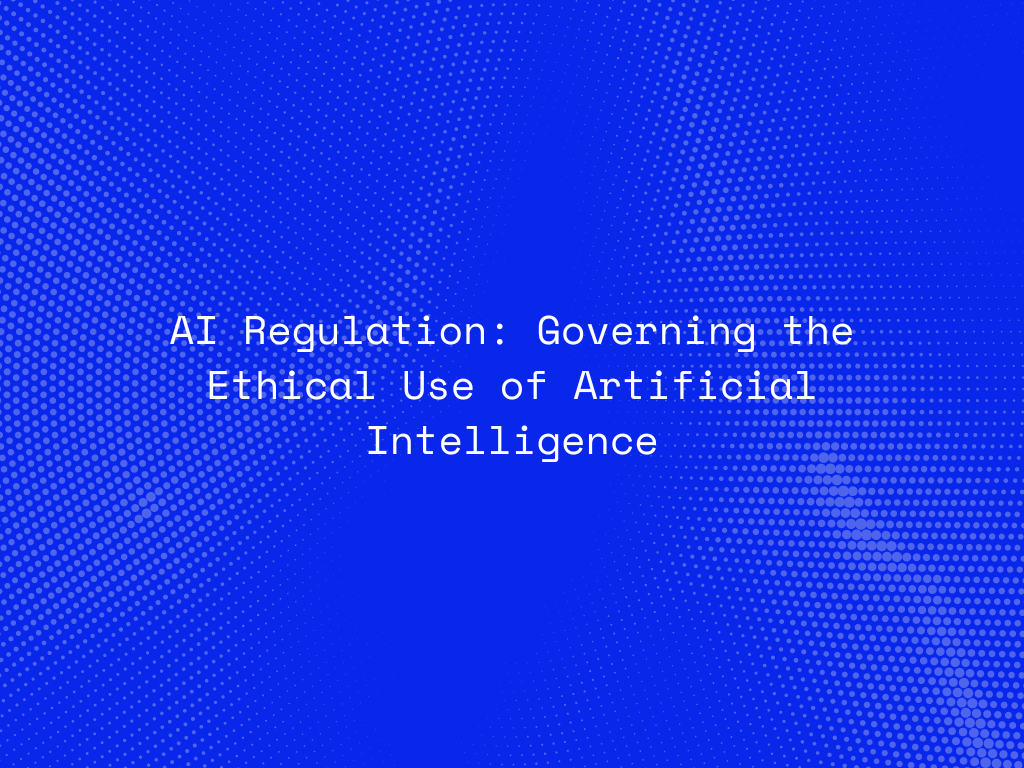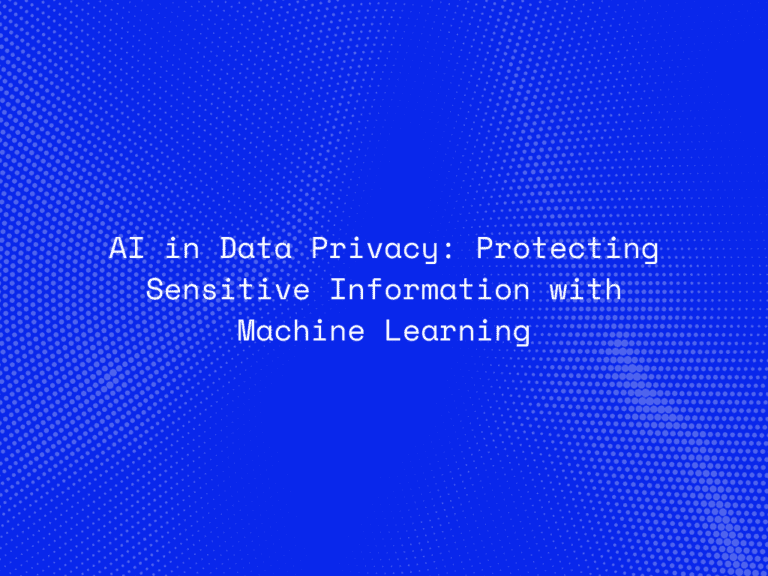Artificial Intelligence (AI) is transforming industries and societies at an unprecedented rate, bringing both opportunities and challenges. As AI technologies become more integrated into daily life, the need for effective regulation to ensure ethical use has become increasingly urgent. This guide explores the current landscape of AI regulation, key ethical concerns, and potential frameworks for governing AI.
1. The Importance of AI Regulation
AI systems have the potential to impact many aspects of society, from healthcare and education to finance and law enforcement. However, without proper regulation, these technologies can also pose significant risks, including:
- Bias and Discrimination: AI systems can perpetuate and even exacerbate existing biases.
- Privacy Violations: AI can collect and analyze vast amounts of personal data, raising privacy concerns.
- Accountability: Determining who is responsible for AI-driven decisions can be complex.
- Transparency: Many AI algorithms operate as “black boxes,” making it difficult to understand how they arrive at decisions.
2. Current State of AI Regulation
Different regions and countries are at various stages of developing and implementing AI regulations. Here’s a look at some key regulatory efforts:
European Union
- General Data Protection Regulation (GDPR): While not exclusively about AI, GDPR impacts AI systems that process personal data, emphasizing transparency, consent, and data protection.
- AI Act: Proposed legislation aimed at ensuring AI systems are safe, lawful, and respect fundamental rights. It categorizes AI systems based on risk and applies different regulatory requirements accordingly.
United States
- Algorithmic Accountability Act: A proposed bill that would require companies to evaluate the impact of their automated systems and address any significant risks.
- Executive Orders: Various executive orders have been issued to promote AI research and development while addressing ethical concerns.
China
- AI Standards: China is actively developing standards and regulations for AI, focusing on promoting innovation while ensuring security and ethical considerations.
International Efforts
- OECD Principles on AI: The Organization for Economic Co-operation and Development (OECD) has developed principles to promote AI that is innovative, trustworthy, and respects human rights and democratic values.
- UNESCO’s Recommendations on the Ethics of AI: Guidelines to ensure AI development and deployment align with ethical standards and human rights.
Connect With Us
3. Ethical Concerns in AI
To effectively regulate AI, it’s essential to address several ethical concerns:
- Bias and Fairness: Ensuring AI systems do not discriminate based on race, gender, age, or other protected characteristics.
- Privacy: Protecting individuals’ data and ensuring informed consent for data collection and use.
- Transparency: Making AI systems more understandable and their decision-making processes clear.
- Accountability: Establishing clear lines of responsibility for AI-driven decisions and actions.
- Safety: Ensuring AI systems do not cause harm to individuals or society.
4. Potential Frameworks for AI Regulation
Several frameworks can guide the development of effective AI regulations:
- Risk-Based Approach: Classifying AI systems based on their potential risk and applying appropriate regulatory requirements. High-risk applications (e.g., healthcare, law enforcement) would face stricter regulations than low-risk ones (e.g., customer service chatbots).
- Ethical Guidelines: Establishing guidelines and best practices for ethical AI development and deployment, such as the AI Ethics Guidelines developed by the High-Level Expert Group on AI in the EU.
- Transparency and Explainability: Requiring AI systems to be transparent and their decisions explainable. This can involve regular audits, documentation, and the use of explainable AI (XAI) techniques.
- Human Oversight: Ensuring that human judgment remains central to AI systems, particularly in critical decision-making areas. This can include requirements for human-in-the-loop (HITL) systems.
Connect With Us
5. Challenges in AI Regulation
Regulating AI is not without challenges:
- Rapid Technological Advancement: AI technology evolves quickly, making it difficult for regulations to keep pace.
- Global Coordination: AI systems often operate across borders, necessitating international cooperation and harmonization of regulations.
- Balancing Innovation and Regulation: Ensuring regulations do not stifle innovation while protecting public interests.
Conclusion
The ethical use of AI requires robust regulatory frameworks that address key ethical concerns and adapt to the rapid pace of technological change. By fostering international cooperation and developing flexible, risk-based regulations, we can harness the benefits of AI while mitigating its risks.




